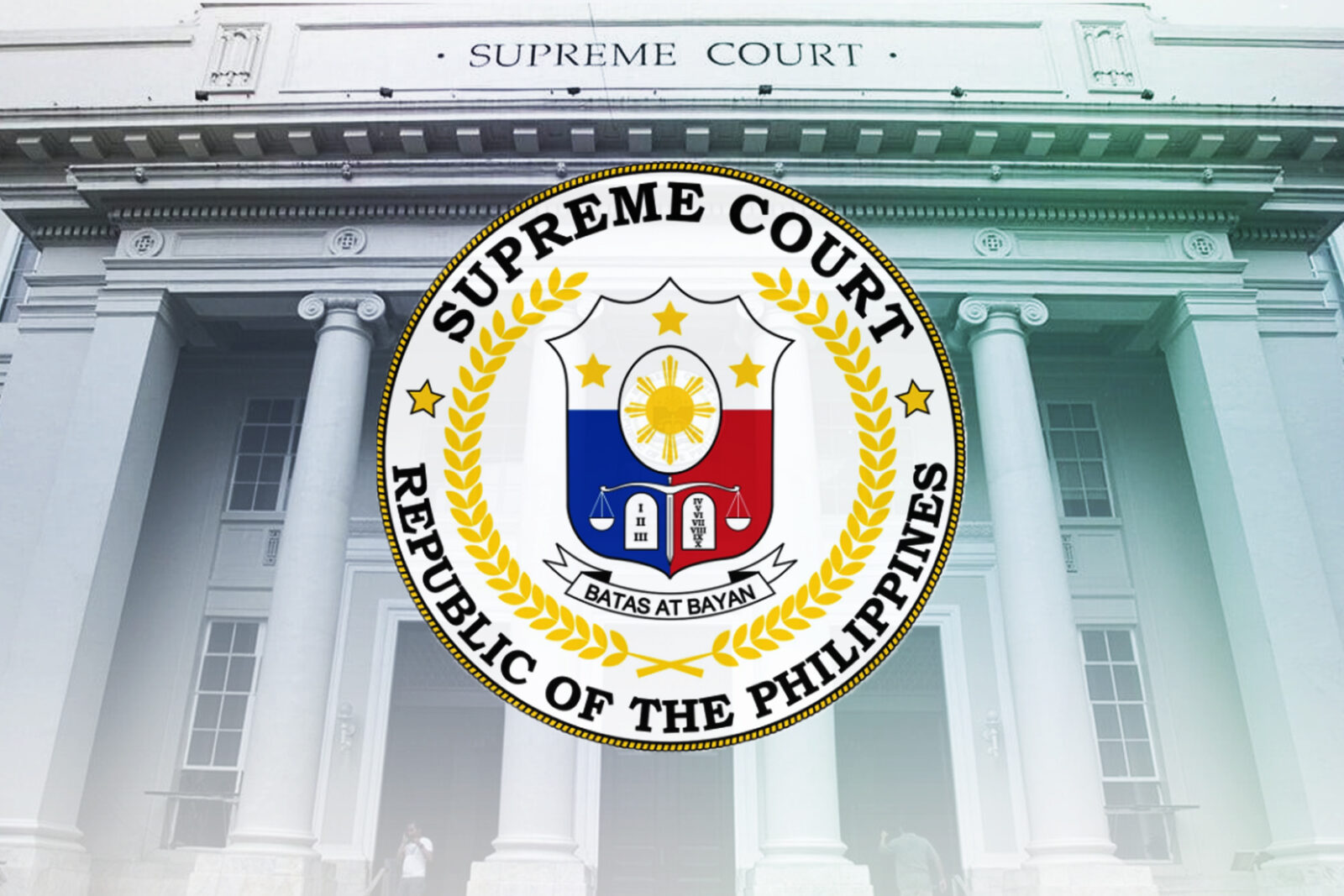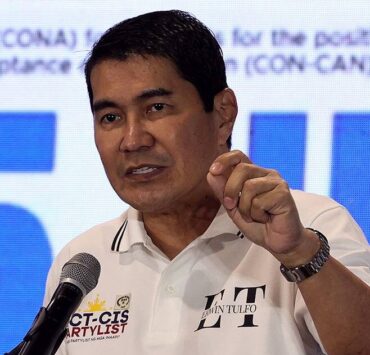Court sheriff fired, banned from gov’t service for bribery

The Supreme Court has dismissed and permanently barred from government service a court sheriff who was found guilty of accepting a bribe of P115,000 in exchange for ensuring the grant of bail to a drug suspect.
In a per curiam decision dated July 9, a full copy of which has yet to be made public, the high tribunal ordered the dismissal of Dwight Aldwin Geronimo, sheriff IV of the Imus City Regional Trial Court Branch 21, and revoked all his retirement benefits.
The Supreme Court’s decision came months after Geronimo was reprimanded and fined P18,000 over another case, this time for simple misconduct, when he misused the franking privilege—sending mail without paying postage stamps—that is reserved only for the court’s official transactions.
Geronimo’s dismissal, based on a summary of the case posted on the high tribunal’s website on Wednesday, was based on a complaint filed by Antolyn Dones Gonzales. She claimed that in 2019, the court sheriff asked her for P200,000 in exchange for his help in fast-tracking the drug case against her friend, Monib Saadoning Amatonding Geronimo allegedly promised Gonzales that Monib would be granted bail because the judge handling the case was his aunt.
Gonzales said she initially paid him P115,000 with the remaining amount to be given after Monib’s case was settled.
But when bail was denied, Geronimo disappeared, blocked Gonzales on Facebook and changed his phone number.
Different alibis
Geronimo gave different explanations in his defense. He first claimed that the money was just a personal loan, but later said he was just pretending to go along with Gonzales’ scheme to expose alleged corruption in court.
The Judicial Integrity Board, however, found him guilty of gross misconduct and recommended his dismissal, a decision that was affirmed by the Supreme Court.
It cited Sections 1 and 2, Canon I of the Code of Conduct for Court Personnel, which say that court personnel should not use their position for personal gain, while they are also prohibited from accepting gifts that may influence their official actions.
Gross misconduct
“The [Supreme Court] stressed that court employees should never take money from litigants for any reason. Such actions are considered gross misconduct, defined as unlawful behavior or gross negligence by a public officer coupled with elements of corruption, or willful intent to violate the law or disregard established rules,” the high court’s Office of the Spokesperson said in a statement on Wednesday.
While Geronimo admitted to receiving money from Gonzales as a personal loan, the high tribunal ruled that his actions still violated Section 2 of the Code because accepting money from someone with a pending case is prohibited, making his explanation irrelevant.
The Supreme Court also noted that the message exchanges between the two, which Geronimo did not deny sending, supported the claim that the money he received was related to a pending case.
Due to the seriousness of his actions, in addition to a previous record of misconduct where he was fined P18,000, the high court imposed on him the ultimate penalty of dismissal.
At the same time, it also reminded all court employees to be role models of responsibility, competence, and efficiency.
“They are expected to do their jobs with the highest level of care as officers of the court and agents of the law,” the Supreme Court said.

















